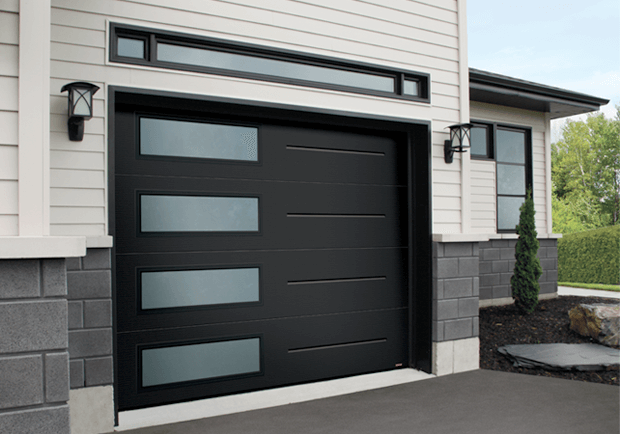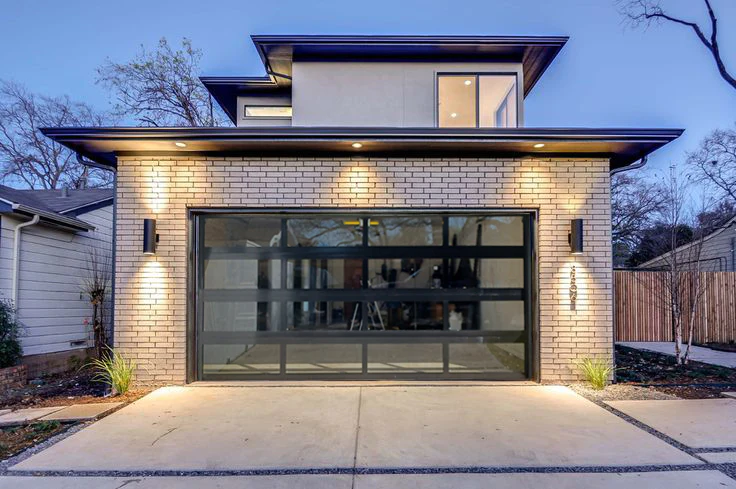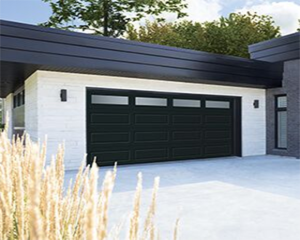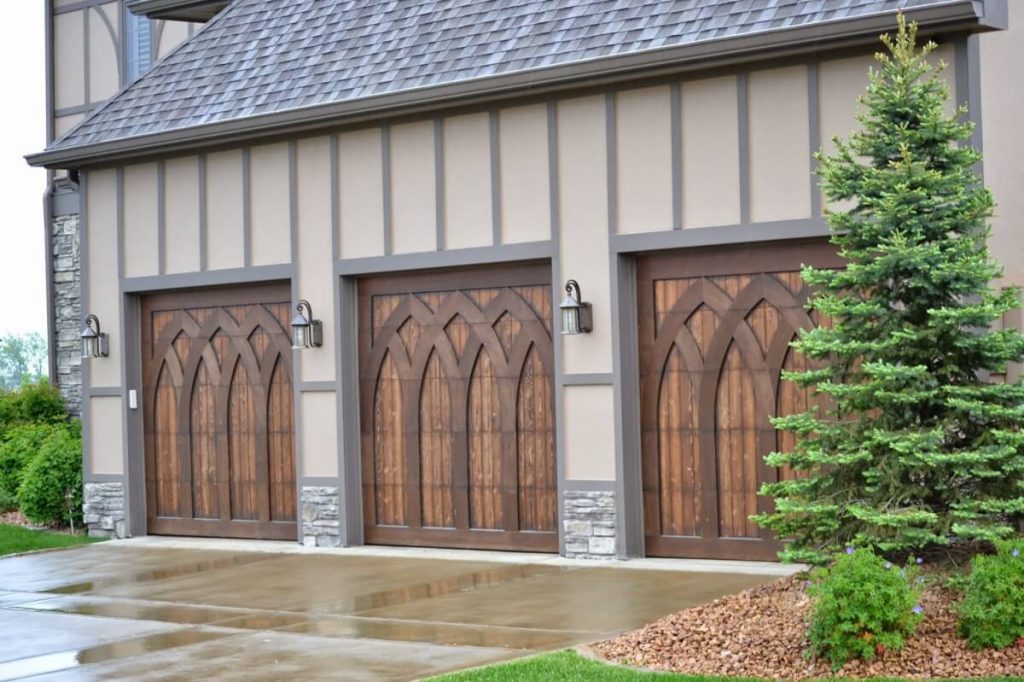An energy-efficient garage door includes insulation, which can prevent heated or cooled air from escaping your home, potentially reducing your energy bill. An insulated garage door is particularly beneficial for an attached garage and allows you to get more use out of the space. This is especially true during the COVID-19 pandemic, when more people are using garages as additional space for food storage, office equipment, homeschooling, or a gym.
What Are the Benefits of Installing an Energy-Efficient Garage Door?
Energy efficiency is all the rage. But it is only part of the story. Here are some of the benefits you may see by upgrading your garage door:
- A lower electric bill: An uninsulated garage allows cold air to enter through adjoining walls, entry points, and vents, requiring more energy to heat your home. A properly insulated door prevents this and can reduce electricity usage.
- Improved temperature regulation: A garage door has a large surface area; if it is energy efficient, you can better maintain and control the temperature at home, so your heating and cooling system runs efficiently all year long.
- Added strength and durability: Insulation often adds structural strength to a garage door, making it more durable and increasing its lifespan. Multiple layers of garage door material provide greater resistance to damage.
- Higher home resale value: The cost benefits of replacing your garage door include higher resale value and return on investment (ROI). You can recoup much of the cost of installation and also make your home more appealing to potential buyers.
- Improved comfort: Insulation, better construction, and weatherproofing can make your garage and home more comfortable. An air conditioner will provide improved cooling in summer, while your heating system will function better in winter.
- Noise reduction: Insulation can provide soundproofing, so there’s little or no noise from the garage door in adjacent living spaces. It can also absorb the sound of traffic and other sources from outside.
Why Should You Consider Installing an Energy-Efficient Garage Door?
The garage is often the largest uninsulated part of a home. Insulating it is an opportunity to make your home more efficient. Aside from improved air temperature control, an insulated garage door can create a welcoming environment. The effect is most notable in the winter, but summer heat can damage electrical components, including those in your car.
How Seasonal Weather Could Impact a Poorly Insulated Garage
Homeowners in Las Vegas are accustomed to extreme weather. Seasonal variations are quite significant, which can make upgrading to an insulated garage door practical. For example, the area often has triple-digit temperatures during summer, so you can protect your garage and belongings from excessive heat. Temperatures can drop quite low in winter. This can make your garage uncomfortable and limit the amount of activity you can use it for.
How to Choose an Energy-Efficient Garage Door
Various standards have been developed to measure a garage door’s thermal efficiency. The main variables include:
- U-factor: A measure of heat transference; the lower the number, the more resistant the door is to transferring heat.
- R-value: Reveals how well the door resists heat conduction; the higher the R-value, the more effective the material is at reducing heat loss.
- Material: Garage door material directly impacts energy efficiency. The most common materials include steel, aluminum, and composite wood. When combined with polyurethane, these materials are well-insulating.
Contact Precision Door Service of Las Vegas
Throughout the Las Vegas Valley, people rely on our Las Vegas garage door service for professional repair and installation. Our certified technicians can provide expert advice on selecting an efficient garage door that can yield energy savings. During the coronavirus pandemic, we remain open and available 24/7 for emergencies while providing no contact service. Social distancing, sanitizing, and other procedures are in place to protect our technicians and customers from COVID-19. Call 702-637-2700 to speak with a friendly live operator.






